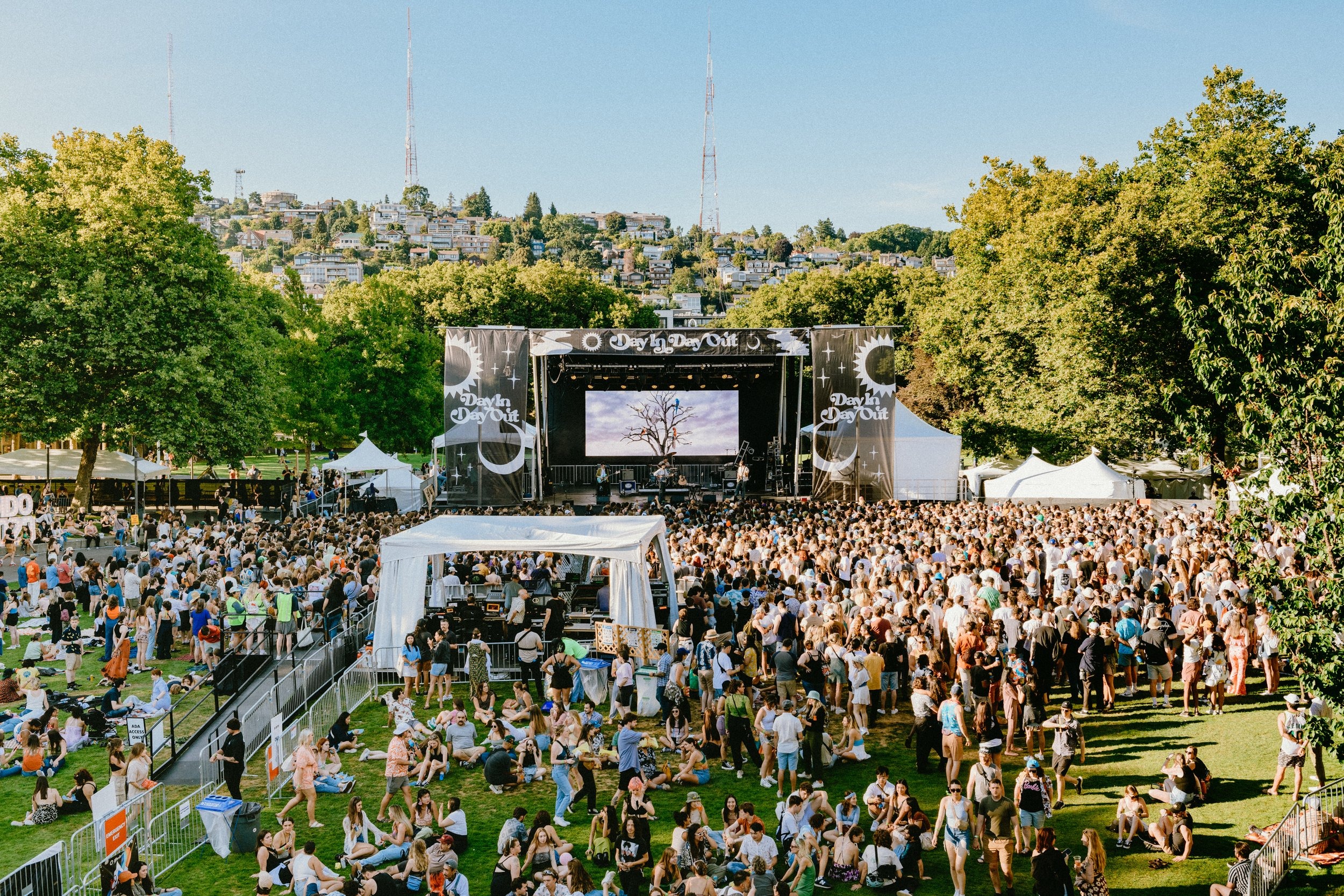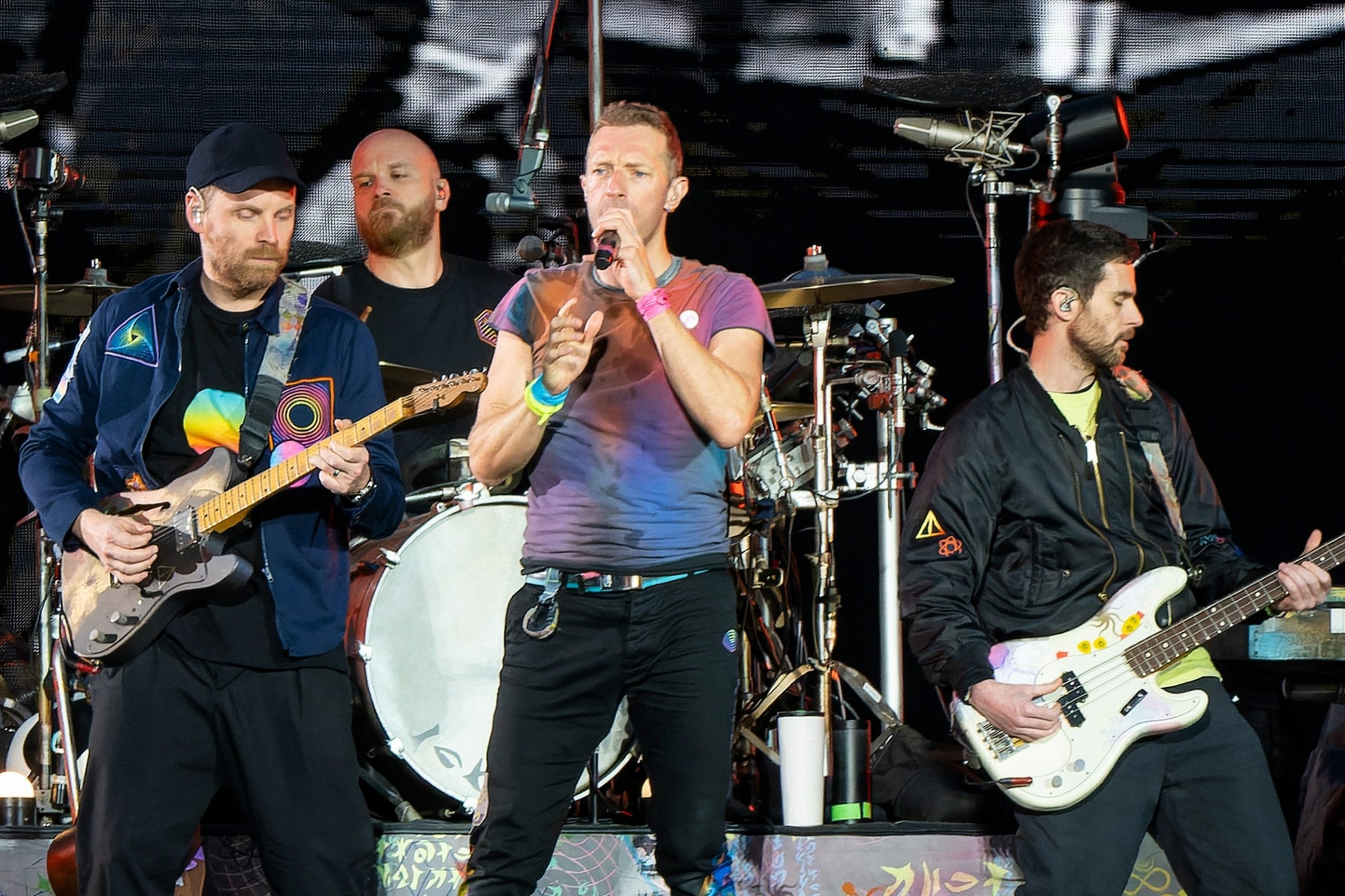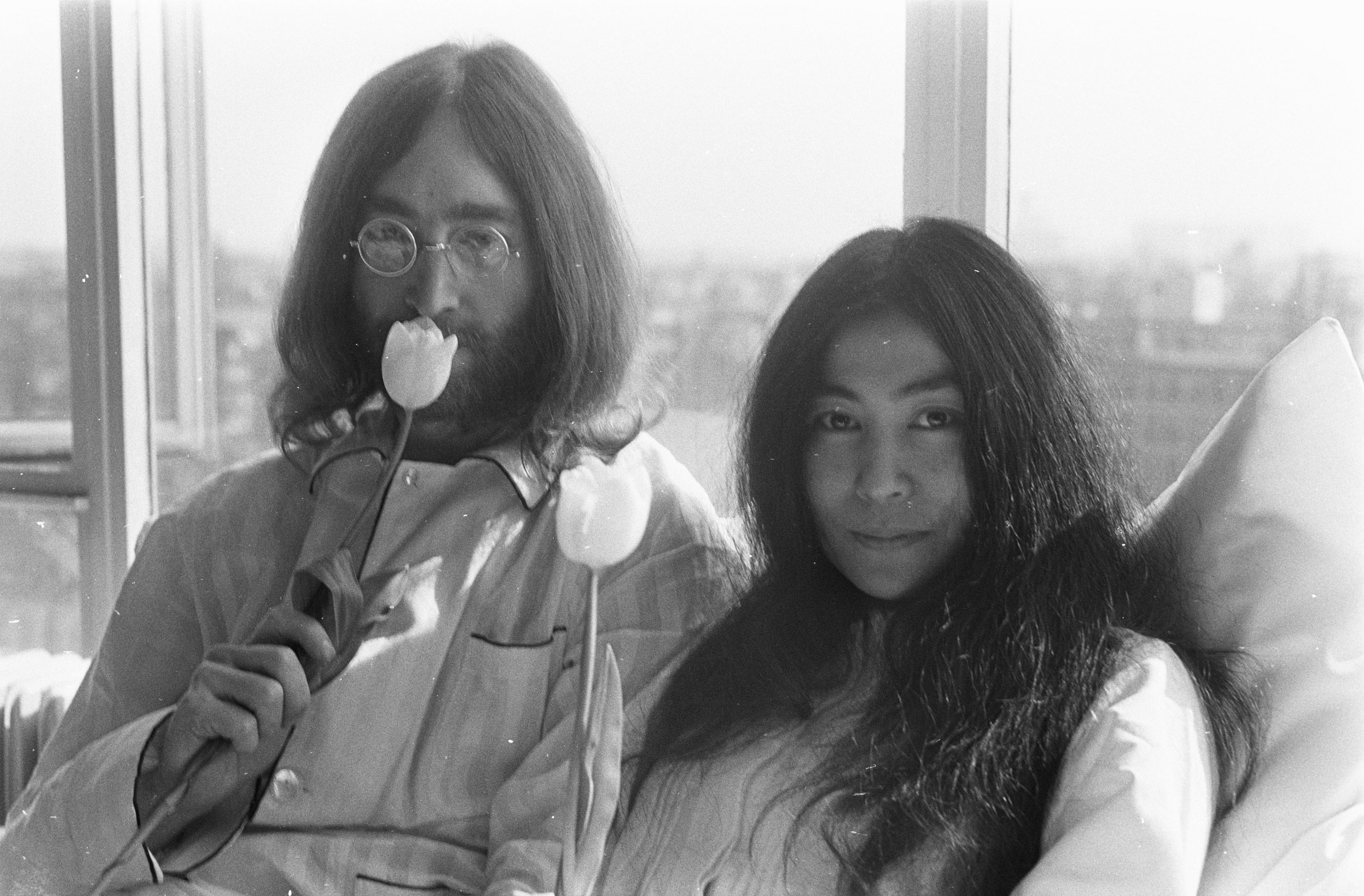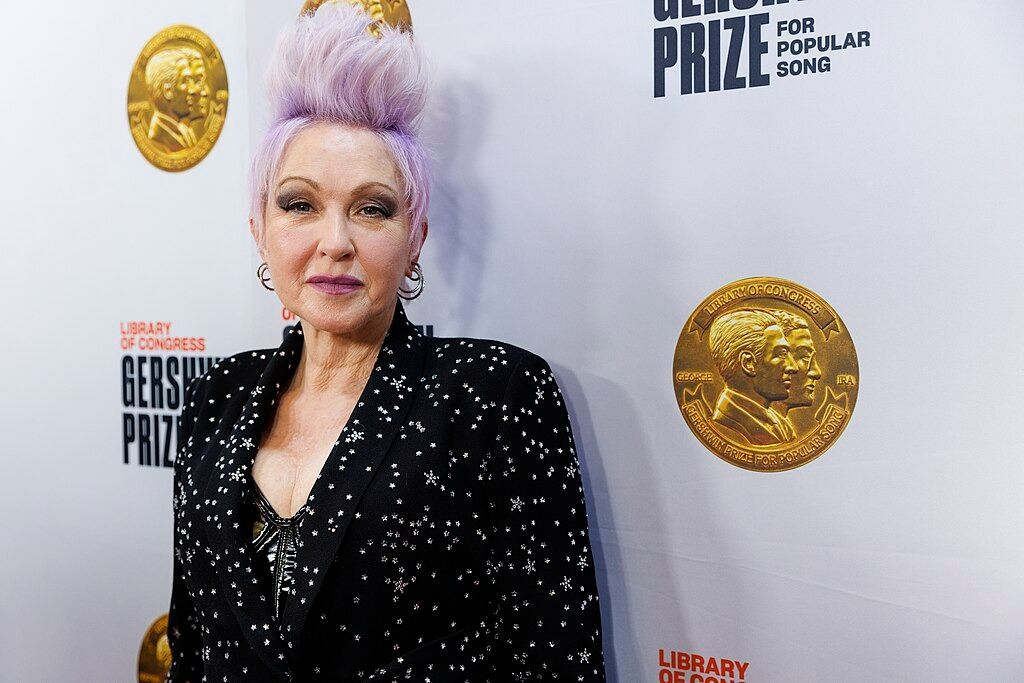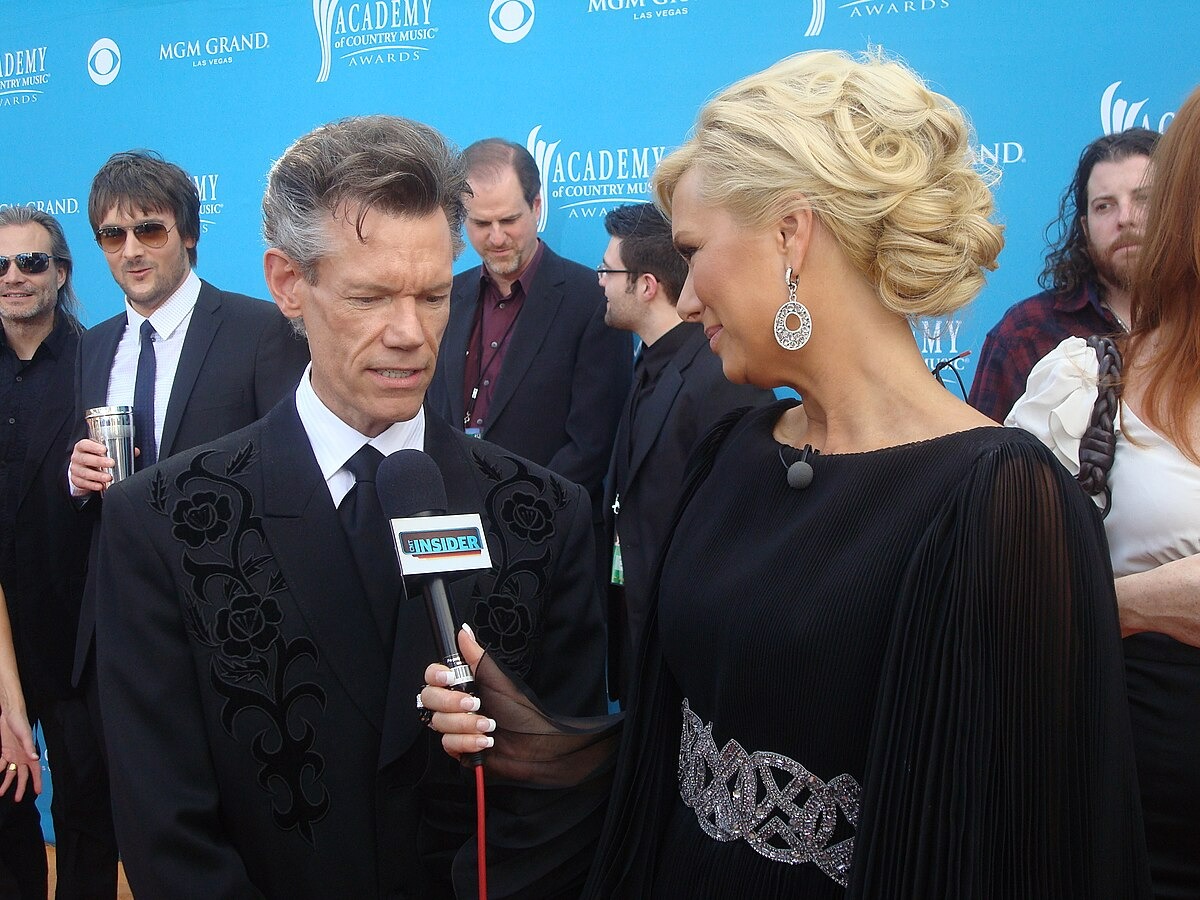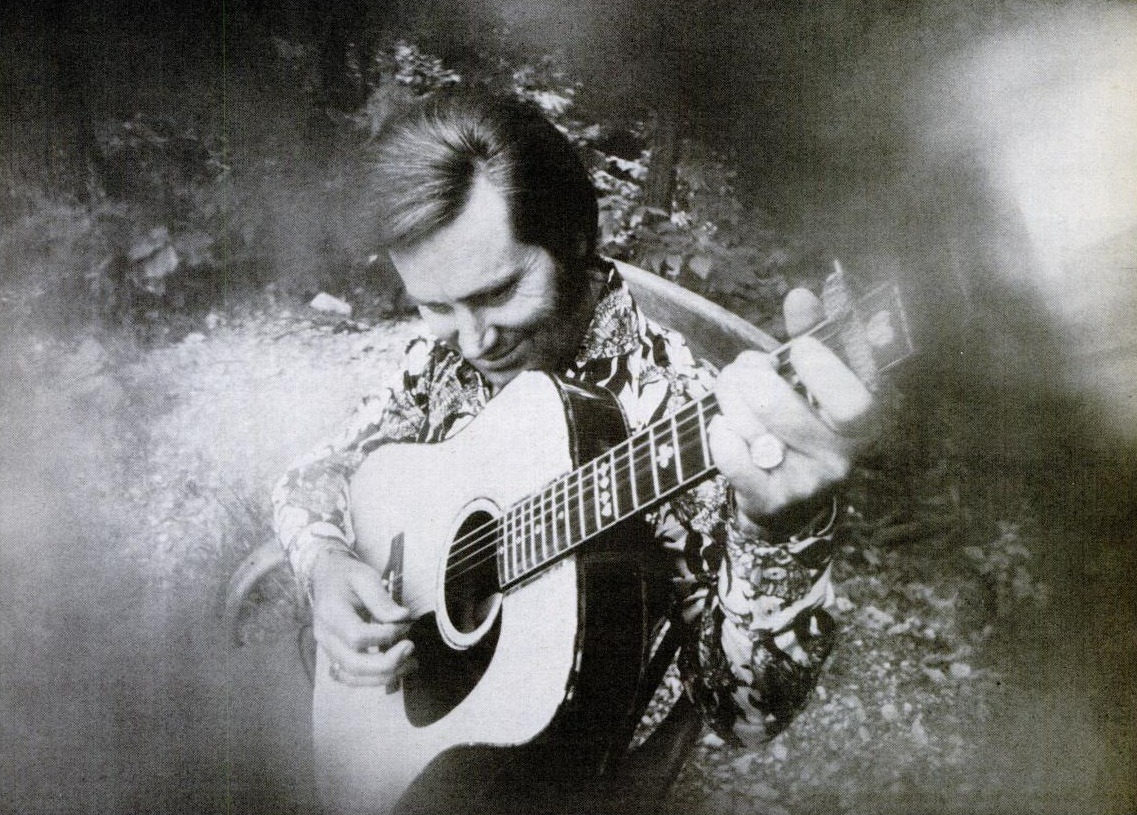Seattle’s summer soundtrack just lost one of its most promising tracks. Day In Day Out (DIDO) festival—the event that brought Carly Rae Jepsen’s performances to the Seattle Center last year—won’t return until 2026, leaving a noticeable gap in the city’s cultural calendar.
The cancellation, framed by organizers Daydream State as a chance to “regroup and redirect our focus towards other projects,” represents another shift in Seattle’s evolving festival ecosystem. According to the official announcement reported by Fox 13 Seattle, the organizers plan to use this break to enhance the overall festival experience and improve the event site for future editions.
Economic Ripple Effects
The temporary absence of DIDO will likely impact the network of vendors, artists, and businesses that typically benefit from the summer festival season. Festival weekends traditionally create significant economic opportunities for local businesses, from merchandise vendors to food service operations that depend on these cultural events as part of their annual revenue stream.
The festival hiatus comes at a time when mid-size festivals serve as important platforms for emerging artists. In the current music industry landscape, festival appearances often represent valuable exposure opportunities, particularly for artists building their careers beyond the local club circuit. However, economic pressures and changing consumer preferences are forcing many smaller festivals to close their doors or significantly scale back. Due to these issues, the broader music festival industry is facing challenges, which is why Britain’s small music festivals are dying.
Capitol Hill Block Party’s Evolution
Meanwhile, Daydream State’s other cultural offering, Capitol Hill Block Party, will continue in 2025 with confirmed headliners Thundercat and Porter Robinson, but with a significant change—it’s transitioning to a 21+ event, as reported by Fox 13 Seattle. This age restriction represents a notable shift for what has historically been an all-ages festival, potentially changing the event’s demographic and atmosphere.
The changing nature of Seattle’s festival lineup follows a pattern seen in recent years. The city has witnessed transformations in its festival landscape, with events like Sasquatch! ending its run at the Gorge Amphitheatre and Bumbershoot undergoing various reinventions and ownership changes. These shifts reflect broader trends in the festival industry, where economic pressures, changing consumer preferences, and increasing costs create challenging conditions for independent events.
Looking Ahead
The Seattle Center—DIDO’s home venue—will now have an opening in its summer calendar where the festival would have been held. This creates both a challenge and an opportunity for the venue’s programming schedule, potentially opening space for new events or expanded activities.
For music fans who anticipated DIDO’s return, the cancellation necessitates alternative summer plans—perhaps exploring other regional festivals or redirecting attention to the local club scene, where smaller venues continue to showcase emerging talent throughout the year.
The Future of Festival Culture
Seattle’s music community has weathered numerous changes over the decades, from venue closures to evolving economic conditions. When and if DIDO returns in 2026, both the event and the cultural landscape it inhabits may have transformed substantially, reflecting the dynamic nature of festival culture.


